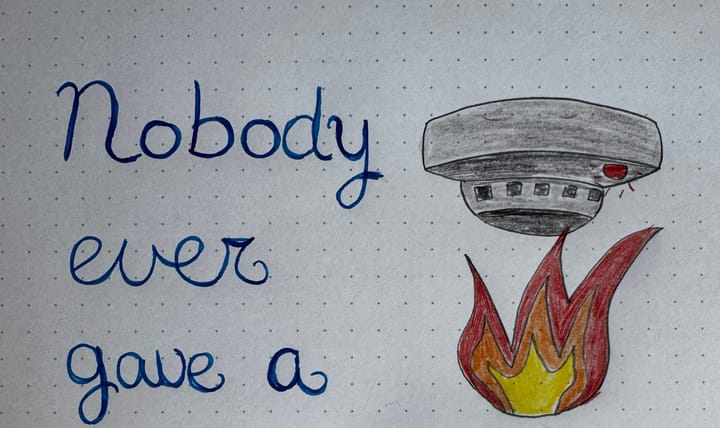A good tester is a good communicator. I will die on this hill.
The big problems in tech often have nothing to do with tech, but with communication. Better git gud at it!

Honestly, if you want to elevate your added value as a software tester, you better learn how to communicate about testing like a pro.
Skills like:
- note-taking,
- summarizing key points about testing and its findings for stakeholders and other people involved in the process,
- writing concisely and clearly about findings and their implications,
- presenting findings about testing without endless waffling in meetings
are indispensable for a software tester.
A big problem in testing is that it can be tacit, and if you’re not careful, too tacit! There’s lots of information hidden, i.e: not communicated. If you don’t communicate what’s important and what has been tested (and what hasn’t), then, action cannot be taken.
That leads to testing being perceived as “invisible”.
Testing should focus on finding useful information, and then making informed decisions based on that information. So, make it visible, by communicating clearly about it.
What I do:
- working in public. My testing notes are public on the company Wiki. I’m not hiding behind my work. You are free to criticize my work, if you feel so inclined.
- proactively sending small summaries of important findings and updates about testing to stakeholders, every day.
- If I had a private convo with people that resulted in actions that concern more people: send the actions to other people whom it concerns. Keep them in the loop about the progress.
- Updating issues on the Scrum board with decisions, so it’s clear for anyone interested what the agreements were.
- and many other things that I can’t recall just now.
Added benefit: Because I’m open about my work, it’s harder to tell me “I didn’t know that”. If we want to do better as a whole, we need more transparency.



Comments ()